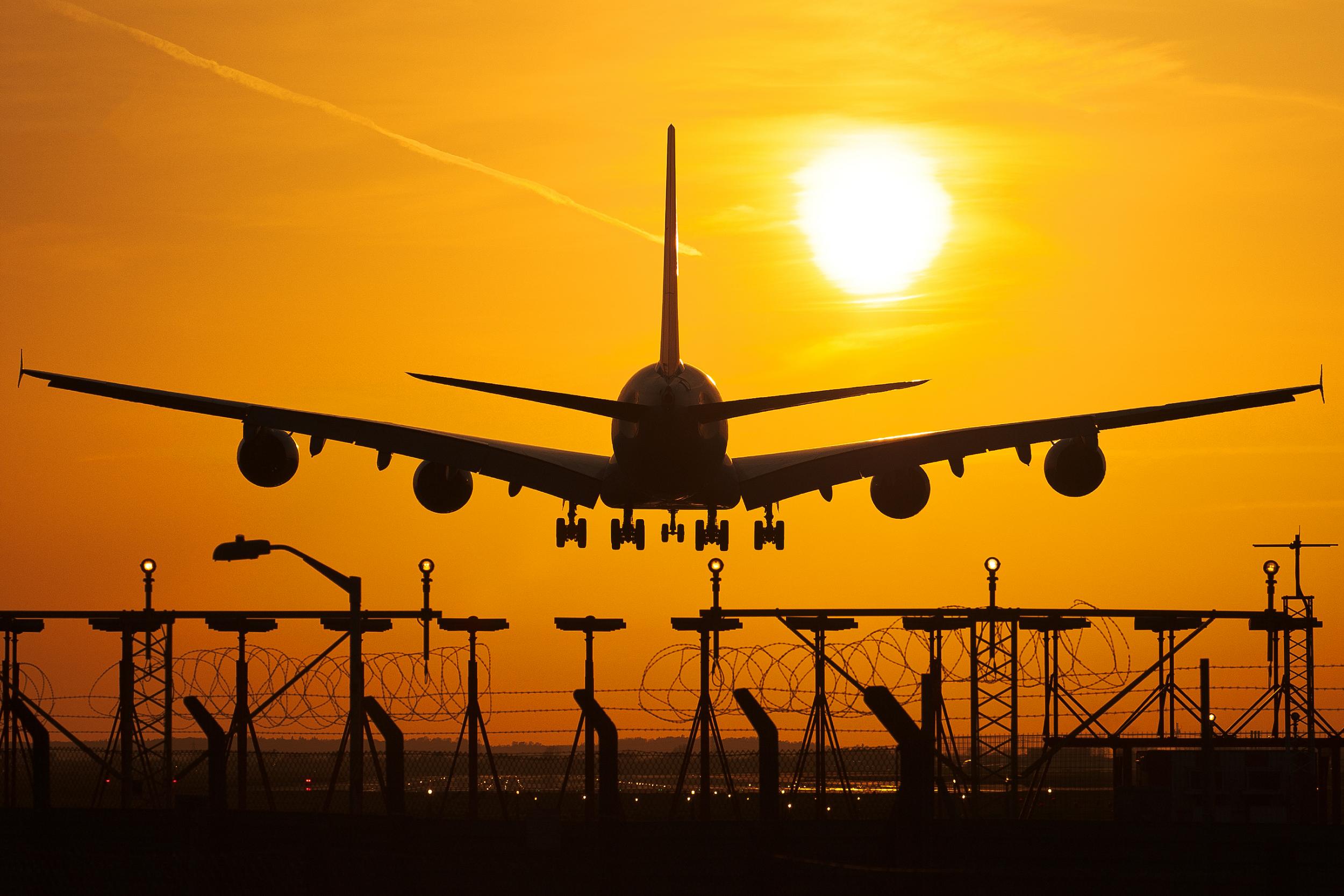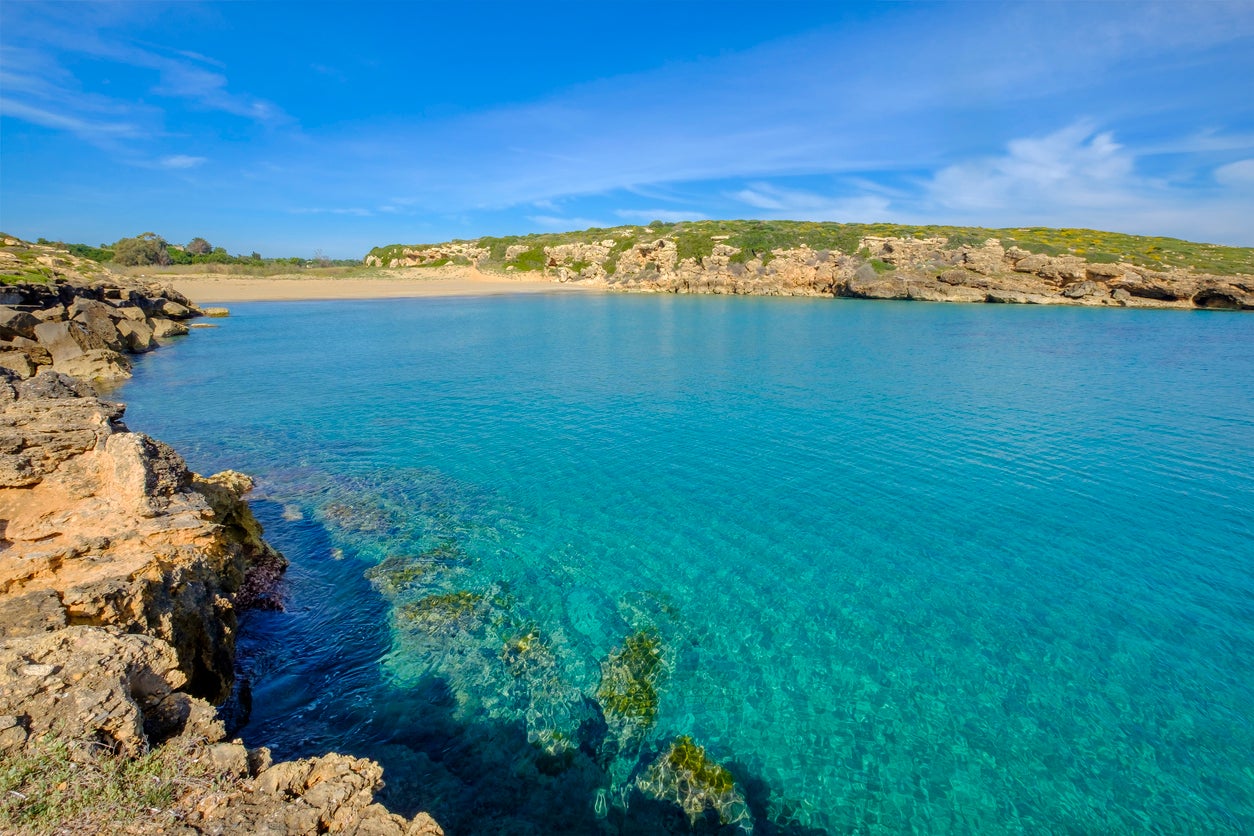Can my travel insurance company change its terms amid coronavirus?
Simon Calder answers your questions on pandemic cover, cancelled holidays and why some airlines are still taking to the skies


Q My travel insurance company has just sent an addendum to my policy to say it was never intended to cover Covid-19 or any mutation, nor any Foreign Office advice not to travel. It’s an annual policy that is in its third year, and I most recently renewed in November 2019. Can the firm legally do this?
We were due to travel to Japan on 23 March but cancelled on 12 March as we were worrying about how things were developing. We thought we were being responsible by not travelling. Any advice, please?
Sue E
A This is a question of two halves, which I don’t think overlap very much. I shall summarise your first point as: can an insurer “move the goalposts” after you have taken out the policy?
My view is that it can’t. But perhaps what you were sent may not be a change so much as a more detailed articulation of what you are covered for – or rather not covered for.
If you, like me, have a cheap no-frills policy that is mainly intended to cover medical emergencies, there’s a good chance that it excludes pandemics from the list of circumstances in which you can get a refund for a cancelled holiday. Note, though, that treatment for Covid-19 that became necessary abroad would be covered.
Similarly, the policy you have may be silent on paying out for a Foreign Office warning against travel – though it will doubtless say that setting off on a new trip against government advice is not covered.
The second issue, I infer, is that you voluntarily cancelled your trip ahead of the Foreign Office general no-go warning, which was issued on 17 March 2020. As it turned out, you made a good choice – because on 23 March, the day you were due to leave, the foreign secretary urged British people already abroad to come home.
However, I fear that you may have cancelled too early. The Association of British Insurers says: “Travel insurance is not designed to cover the situation where you choose not to travel, without the Foreign Office also advising against it.”
Infuriatingly, your abundance of caution ahead of the Foreign Office advice means that your right to a claim was extinguished from the moment you told the travel company you were not going. I hope the holiday firm may possibly have offered you some recompense, such as the opportunity to postpone your trip.

Q I have a BA holiday booked for Sicily on the first bank holiday in May. I’m guessing it’ll be cancelled, but I don’t particularly want to go now either. I have only paid £193 deposit; the remaining balance of £600 is due by 3 April.
Do I pay the remaining balance in order to get a full refund? Or don’t pay any more? In the latter case, can I claim back the £193 already paid from American Express, the card I used?
James B
A You are in the same position as millions of travellers with holidays planned to begin from 17 April, which is when the UK government’s current warning against non-essential travel abroad expires.
Package holidays before that will be routinely cancelled because no major travel firm will operate trips against Foreign Office advice.
Some holiday companies have already cancelled trips for late April and May, but many are – at this stage – offering only the opportunity to postpone a trip or take a voucher for future travel. For most travellers, the best policy is to wait and see whether the “no-go” warning is extended, because if it is and your trip is cancelled you can expect a full refund.
Many in the travel industry expect an announcement from the Foreign Office within the next week that will rule out departures in the rest of April and possibly early May – though I should stress I have had no official indications to this effect.
From your perspective the ideal outcome is that the trip is cancelled before the balance becomes due next Friday (3 April); in that case British Airways Holidays would simply return your deposit.
If no news comes through from the Foreign Office by that date, though, I advise you to pay the balance. Otherwise you will surrender the deposit. You will already be out of the game and out of pocket by £193, with no entitlement even if the trip is subsequently cancelled by British Airways. American Express will not be interested in refunding the deposit to you, either.
Should British Airways cancel the trip after you have paid the balance then you will be automatically entitled to a full refund of the whole cost.
What if the holiday goes ahead as planned? I appreciate that you don’t want to go ahead with the trip. But in the (currently rather unlikely) event that it does proceed, then you will be able to pass the holiday on to someone else. British Airways will want a nominal fee of around £50 per person for the name change, but it is still a worthwhile option. I might even be in the market for the trip myself.

Q In the current circumstances and with all the restrictions on foreign travel and unnecessary domestic travel, why can I see flights operating to New York by British Airways and Rome by Alitalia to name just two?
I am baffled as to why British Airways allows me, if I wished, to book a flight to New York?
Keith W
A Even though aviation has been traumatised by the coronavirus crisis, and is operating at about 10 per cent of its normal level, there are still hundreds of flights in and out of the UK every day.
In the short term, the idea is to allow people to return home, wherever that may be, from their holidays, work trips or homes abroad. The big problem with the shutdown of airspace by so many countries is that travellers are stuck thousands of miles away with options reducing by the day. The passengers BA takes to New York will mainly be returning Americans, while those coming back will be Brits – many of whom will be on their way back from inaccessible parts of Latin America.
While the UK government has put on special repatriation flights (notably four from Peru), most people are expected to get back on normal airlines. And that is thankfully happening. British Airways and other airlines are continuing to fly to and from many destinations where flights are still allowed, though at a greatly reduced frequency. One airline, Qatar Airways, is actually operating additional flights as it seeks to bring people back where they need to be (on commercial terms, of course). Longer term, airlines want to keep the world connected, albeit with a much-reduced range of destinations and departures.
Just as the trains, buses and the Tube are kept running for key workers and essential journeys, maintaining a skeleton service from the UK to continental Europe, the island of Ireland and the rest of the world is seen as vital by airlines, businesses, far-flung families and governments – at least those that have noted the World Health Organisation advice that flight bans do more harm than good, and that they are ineffective in stopping the spread of a virus once local transmission has begun.
The airlines, meanwhile, do all they can to protect passengers and crew with minimum contact, very basic catering and rules on social distancing – which is not hard to fulfil when there are so few people onboard the typical flight.
Email your question to s@hols.tv or tweet @simoncalder
Join our commenting forum
Join thought-provoking conversations, follow other Independent readers and see their replies
Comments